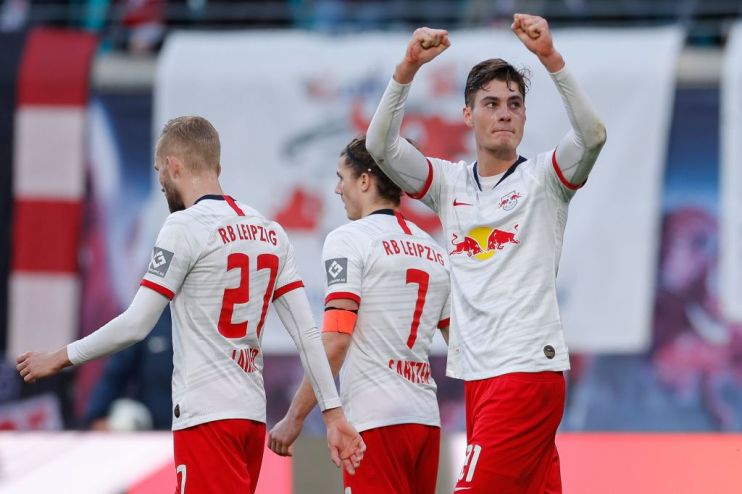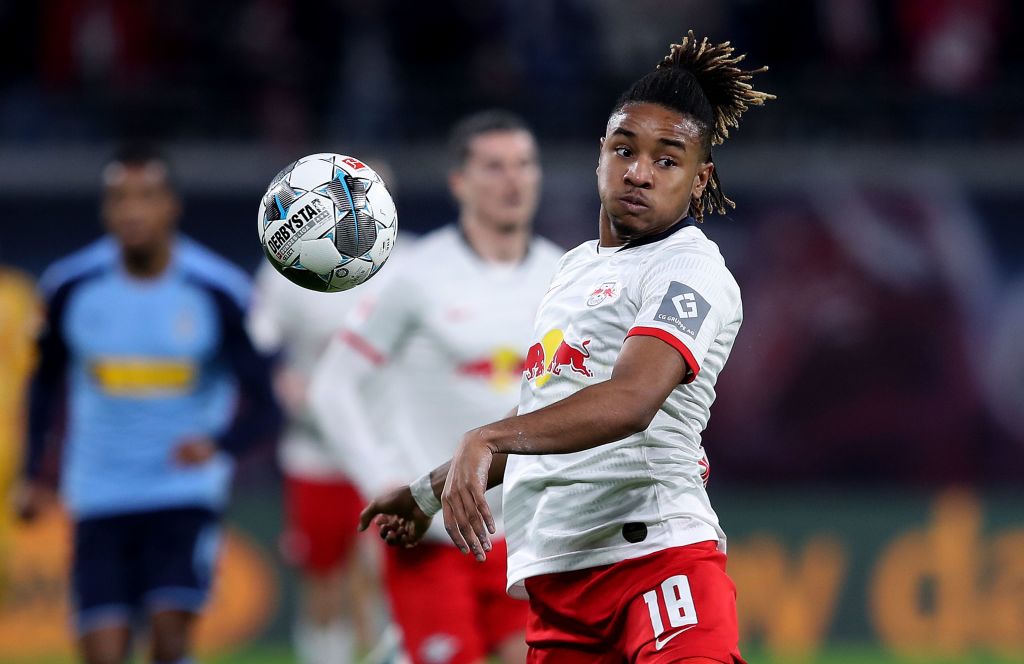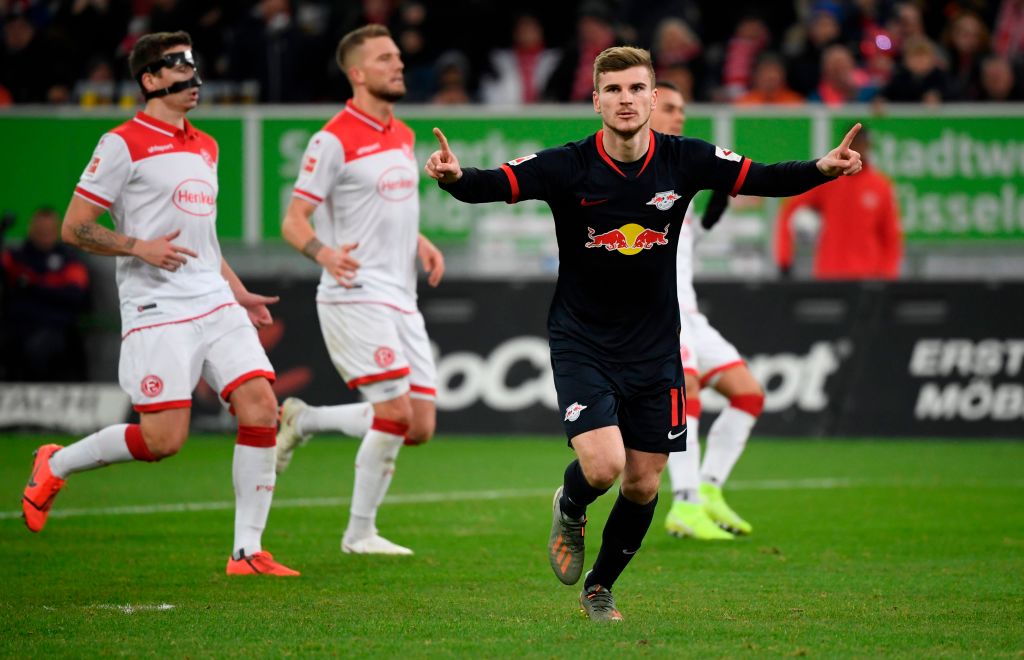How RB Leipzig’s business model and recruitment strategy drove the club to the Champions League last-16 and bred hatred

RB Leipzig’s methods may be controversial, but they are certainly effective.
Leipzig are widely considered the most hated club in Germany. Founded in 2009 by Austrian energy drink manufacturer Red Bull as a marketing ploy, the club have been allowed to circumvent the country’s 50+1 ownership rule which stipulates that 50 per cent of the shares in a football club, plus one share, must belong to the club and its members.
Their rise has been characterised by success on the pitch but also friction off it, with away games frequently featuring protests from opposing fans.
As Leipzig ready themselves for Wednesday’s Champions League last-16 tie against Tottenham, however, their critics are far from their thoughts.
Julian Nagelsmann’s side arrive in north London having reached the knockout stages of European football’s premier club competition for the first time in their short history. They are second in the Bundesliga, a point behind traditional powerhouse Bayern Munich.
Unsurprisingly, given their background, Leipzig’s success is built on alternative foundations. Going against the grain is inherent to their methodology and the overarching Red Bull brand.
Different approach
While many clubs pride themselves on nurturing players through their academy to supplement the first team, Leipzig take a different approach.
No player produced by their academy has ever played for them in the Bundesliga. Instead, the club benefits from the far-reaching tentacles of the Red Bull conglomerate, which has a presence in Salzburg, New York, Sao Paulo and Sogakope in Ghana.

As well as getting hold of the best talent from their affiliated clubs – like Manchester City do within the City Football Group – Leipzig focus on signing talented young players from Europe to supplement the youngest team in the Bundesliga, who are managed by the league’s youngest head coach.
A study by the CIES Football Observatory in April 2019 found the average age of Leipzig’s signings was 21 years and 156 days, making them the youngest recruiter of any club in Europe’s top five leagues.
Youth focus
With their first team already based around previous finds such as striker Timo Werner (23), centre-back Dayot Upamecano (21) and midfielder Marcel Sabitzer (25), Leipzig have bolstered their squad in keeping with their recruitment philosophy in the last year.
Everton forward Ademola Lookman (22), Paris Saint-Germain attacking midfielder Christopher Nkunku (22), Salzburg midfielder Hannes Wolf (20) and Roma forward Patrik Schick (24) all arrived in the summer transfer window, while Dinamo Zagreb’s highly-rated midfielder Dani Olmo (21) and Manchester City’s loaned-out left-back Angelino (23) joined in January.

The work in the transfer market, which has been led by former Southampton and Tottenham head of recruitment Paul Mitchell since February 2018, has given Nagelsmann a youthful, talented and hungry group of players to mould.
“My philosophy is that you need, year on year, new voices, new profiles, just to stimulate the group, just to keep the group competitive,” Mitchell told The Athletic last week.
Werner’s danger
Leipzig will certainly be competitive on Wednesday evening. Although they are inexperienced in the Champions League and their form had wobbled in a run of four games without a win before Saturday’s 3-0 victory over Werder Bremen, Nagelsmann’s side will provide Spurs with a stern test.
Werner has scored 25 goals in 31 appearances for Leipzig this season to shoot to the top of the shopping list of many sides, including Liverpool.

The speedy German striker will fancy his chances against a Tottenham defence which shipped 14 goals in six group games and have only kept three clean sheets under Jose Mourinho.
Whether they can end Spurs’s shaky seven-game unbeaten run or not and progress to the last eight, this will surely not be the last time Leipzig reach the Champions League knockout stages.
They may not be liked in their home country, but with the powerful backing of their owners, a successful youth-orientated transfer strategy in place and one of the most exciting up-and-coming managers at the helm, Leipzig look well set to break into Europe’s elite.